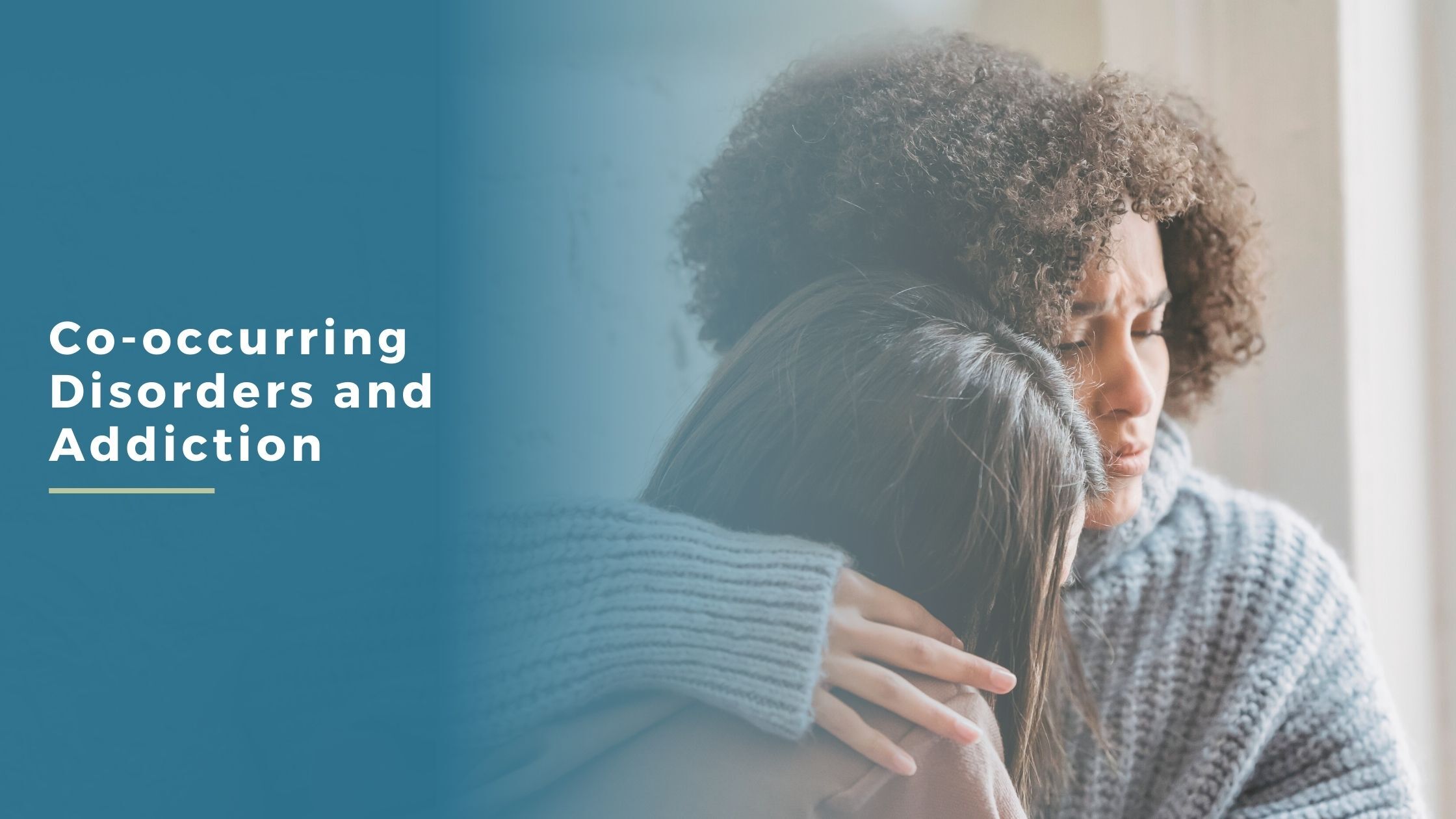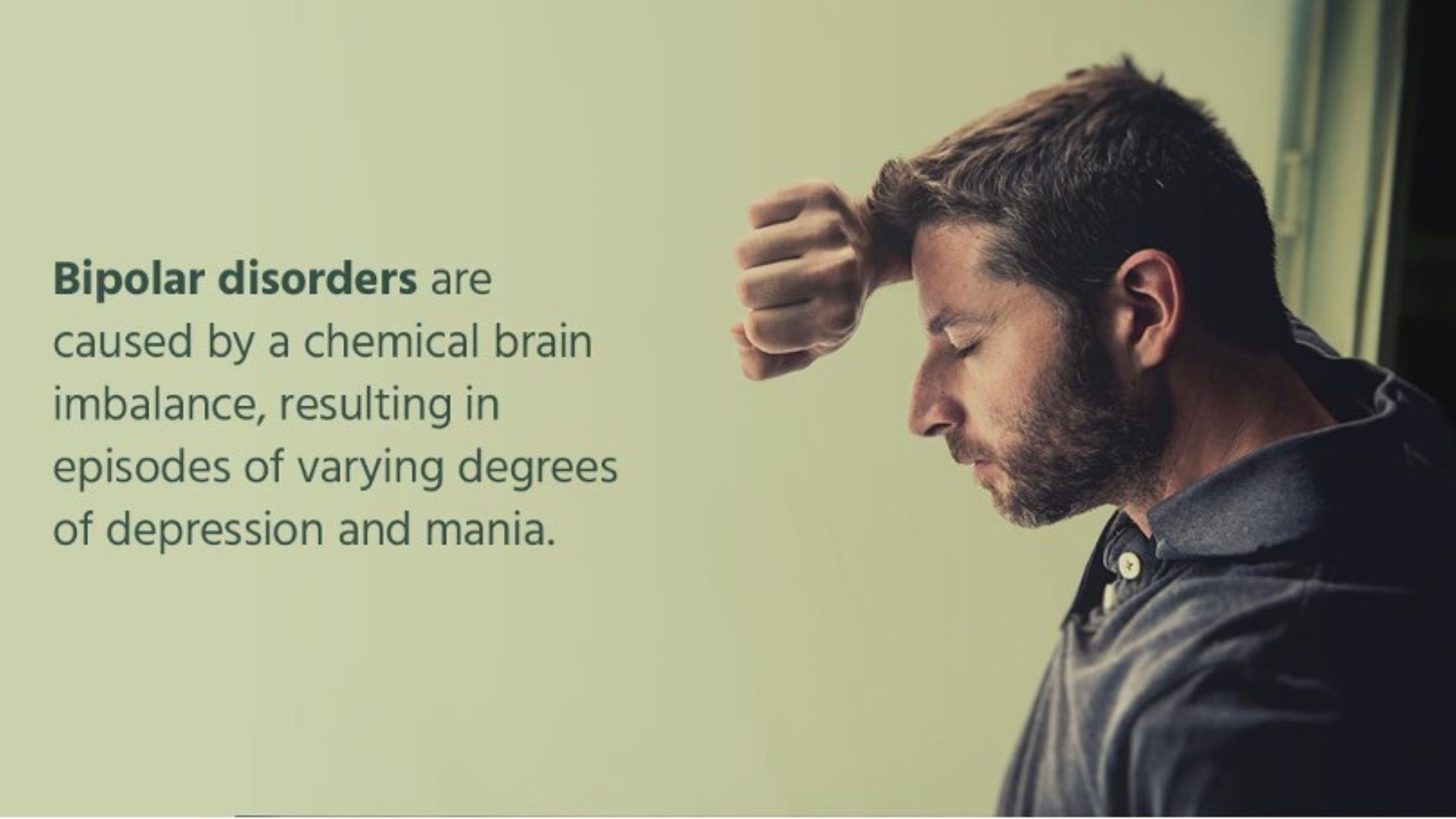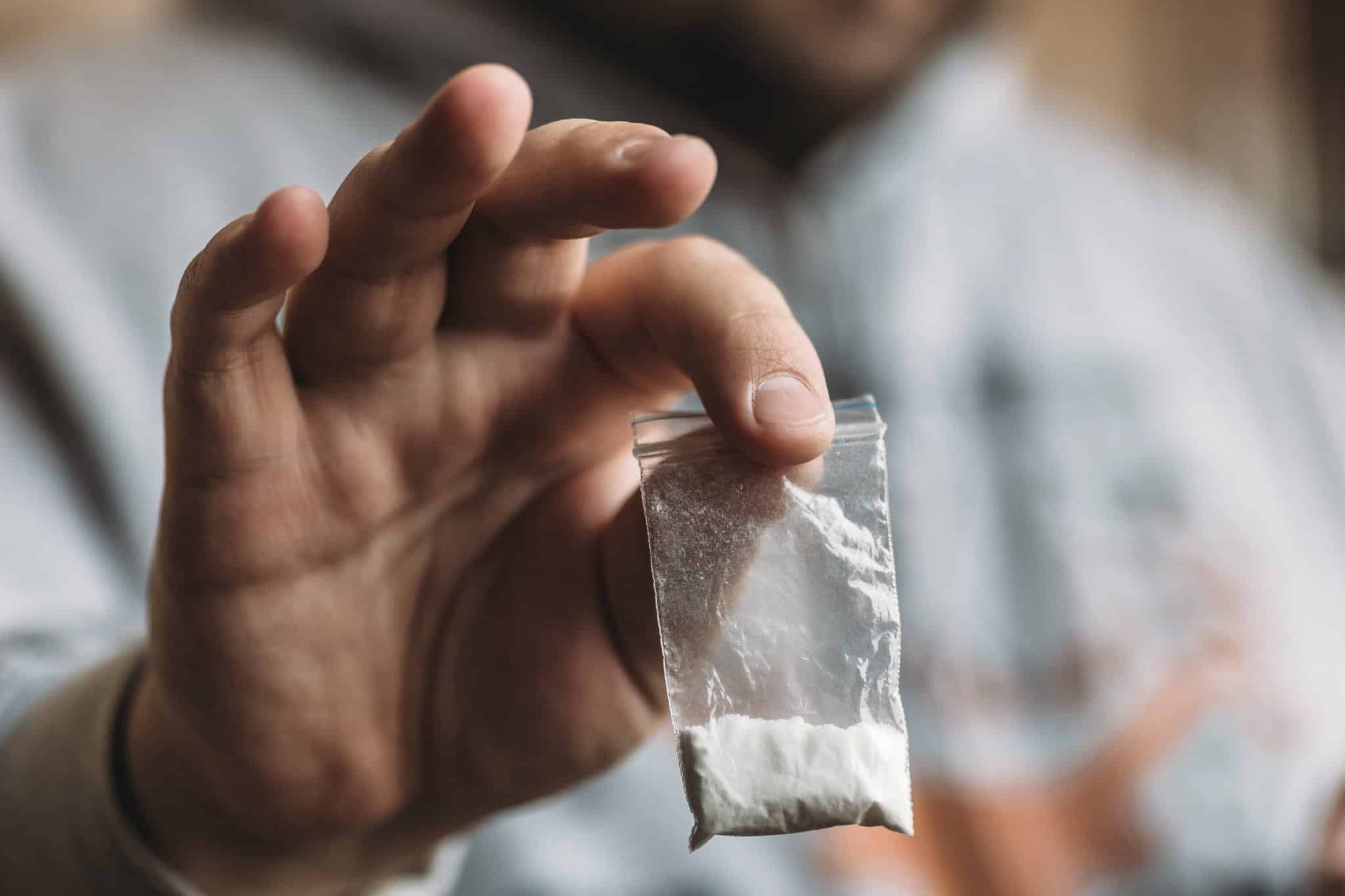Studies show many people with addiction will also experience a co-occurring mental health condition at some point in their lives. Common co-occurring disorders include mood disorders like depression and bipolar disorder and anxiety disorders like post-traumatic stress disorder (PTSD).
Mental health conditions and addiction occur bidirectionally, meaning one can contribute to the development of the other and vice versa. If you or someone you know struggles with co-occurring addiction and mental health disorders, know that treatment is available. Keep reading to learn more about co-occurring disorders and substance use disorders and how professionals can help.
What Is a Co-Occurring Disorder?
A co-occurring disorder, also known as a comorbid disorder, is an underlying mental health issue that appears alongside substance use disorders (SUD). Living with a mental illness can put individuals at a higher risk of drug and alcohol addiction. At the same time, people can also develop mental health issues due to their addiction and its impact on their physical, emotional and social health.
For people who struggle with a mental health condition first, symptoms can cause a person to self-medicate and develop substance use disorder, especially if left untreated. In contrast, substance use disorder can significantly worsen the severity and frequency of most mental health issues.
Since addiction and many mental health conditions have similar symptoms, correctly diagnosing either condition can be challenging. But to treat a person effectively and avoid relapse, both conditions must be diagnosed and treated simultaneously.
Dual Diagnosis vs. Co-Occurring Disorders
The difference between dual diagnosis vs. co-occurring disorders is the nature of the diagnosis. For dual diagnosis, while the symptoms discovered could be caused by substance misuse, they are two or more completely separate diagnoses. Co-occurring disorders are mental health issues that contribute to or stem from addiction, meaning they are interlinked and must be treated simultaneously for the best health outcome.
Co-Occurring Addiction and Mental Health Disorders
Many people turn to substances like drugs and alcohol to cope with or self-medicate various emotions and feelings, like pain, anxiety, guilt and grief. While substances may provide initial relief, they can ultimately worsen mental health issues and cause a person to fall into an addictive cycle. At the same time, drug misuse impacts the brain’s structure and function, making people more likely to develop mental health conditions like anxiety and depression.
Learn more about common addiction co-occurring disorders below.
Depression
Depression is a common mood disorder affecting millions of people worldwide. Many people self-medicate their depressive symptoms with drugs or alcohol to forget emotional pain or feel joy or pleasure. However, alcohol and many other drugs can lead to low mood and bleak feelings, also known as substance-induced depression, even after the initial euphoria wears off.
This often leads to more substance misuse, as the person hopes to achieve the same euphoria while avoiding negative emotions. Over time, the cycle can intensify both addiction and depression.
Anxiety
Anxiety comes in many forms and is another common co-occurring health disorder. Many people struggling with anxiety turn to substances to cope with their symptoms and get through their daily lives. For instance, alcohol use might initially suppress anxiety in social settings, while prescription drug misuse might relieve the shaky feelings associated with the condition. The more a person self-medicates, the worse their anxiety symptoms can become, putting them at risk of addiction.
Obsessive Compulsive Disorder
Obsessive-compulsive disorder (OCD) is an anxiety disorder characterized by obsessive and excessive behaviors related to control and perfectionism. Many individuals with OCD misuse drugs or alcohol to alleviate these intense symptoms. In fact, a 2022 study found 70% of people with OCD had signs of behavioral addiction.
 Bipolar Disorder
Bipolar Disorder
Bipolar disorders are caused by a chemical brain imbalance, resulting in episodes of varying degrees of depression and mania. It’s not uncommon for people with bipolar disorder to use drugs to reduce the severity of these episodes, causing increasingly irregular and intense levels of brain activity. Many people with bipolar disorder develop an addiction as these symptoms worsen.
Post-Traumatic Stress Disorder
Post-traumatic stress disorder (PTSD) is an anxiety disorder that can develop from intensely stressful and often life-threatening experiences, such as childhood abuse or natural disasters. The condition can cause various symptoms, like flashbacks, hypervigilance, intrusive memories and night terrors. Like the other conditions, drugs and alcohol may temporarily relieve symptoms of PTSD, though it can make the condition last longer and result in more intense negative feelings.
Borderline Personality Disorder
Approximately 1.6% of adults are suspected to have borderline personality disorder (BPD). BPD is associated with symptoms like emotional instability, severe mood swings, impulsive behavior and difficulty forming stable relationships. Individuals might misuse alcohol or drugs to cope with these symptoms and feel a false sense of control. The relief is temporary and can increase symptom severity for people with BPD.
Attention-Deficit-Hyperactivity Disorder
Attention-deficit hyperactivity disorder (ADHD) refers to the inability to focus or the hyperactivity and impulsiveness that can impact a person’s ability to function and complete tasks. Studies show half of all adults with ADHD also struggle with alcohol or drug misuse, with many people misusing prescription medicines to alleviate symptoms. However, attempting to cope in this manner can lead to drug tolerance and, ultimately, a full-blown addiction.
Addiction Co-Occurring Disorders Treatment
When considering the treatment of co-occurring disorders, it’s essential to address both conditions. Dual diagnosis treatment can help clients manage addiction while providing necessary resources for relieving symptoms of their mental health disorder.
A comprehensive treatment program for co-occurring disorders helps clients start their recovery while providing therapy for their mental health symptoms. After gaining control of their addiction, medication can also be added to their treatment program to manage mental health symptoms.
Behavioral therapies like cognitive-behavioral or dialectical behavioral therapy can help clients identify unhealthy thought patterns and behaviors that might lead to addiction and mental health symptoms. From here, professionals will help design a plan to change these patterns and build healthy habits to treat both conditions.
Holistic approaches such as yoga, art therapy and meditation can also help treat the entire person for a successful recovery.
 Get Treatment for Co-Occurring Disorders at Crest View Recovery Center
Get Treatment for Co-Occurring Disorders at Crest View Recovery Center
Co-occurring addiction and mental health disorders are common, but they can be treated. If you or someone you know struggles with co-occurring disorders and substance use disorder, Crest View Recovery Center can help. Our addiction programs provide dual diagnosis treatment to help you make a more successful recovery while promoting overall better health and wellness.
To learn about co-occurring disorders and our addiction treatment programs, read through our resources or contact us today.


 Bipolar Disorder
Bipolar Disorder


